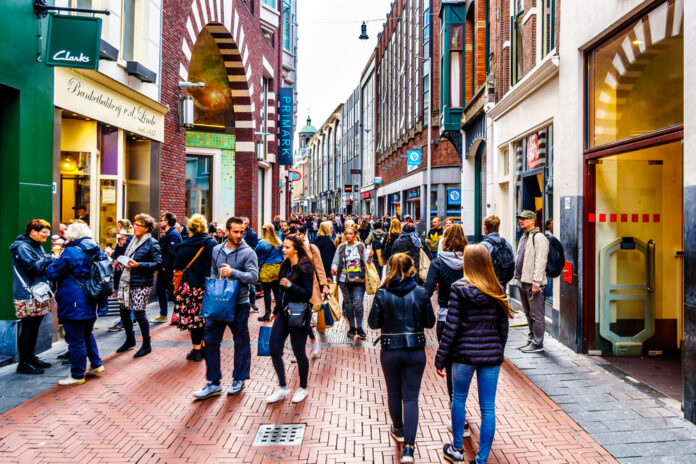“Contemporary inequality” in Dutch society is a real and persistent issue — according to a large study by the Dutch Social and Cultural Planning Bureau (SCP).
Research has shown that a person’s standing on the social ladder in the Netherlands depends on much more than just education, profession and income (economic capital).
Instead, many other factors play a role, including factors such as physical appearance and health, “who you know”, and cultural interests.
Entangled inequalities
As the SCP’s study shows, social inequality in the Netherlands is caused by an array of different aspects — all of which are entangled with each other.
READ MORE | Equality? Nuh-uh. Men still earn more than women in the Netherlands
Economic factors (such as income, education, and profession) are linked to personal (health, appearance), social (network) and cultural (literary and musical taste, marketable skills) factors.
After surveying 6,800 Dutchies on the factors mentioned, the SCP linked their answers to CBS‘s statistical data on their economic status. This resulted in the publication of the “Contemporary Inequality Report” — as RTL Nieuws writes.
Four social classes? Nee, seven!
The results of the research divide Dutch society into seven social classes. These include:
- The working upper class (19.9%)
- The younger promising (young people with opportunities) (8.6%)
- The interest-ranking upper class (12.2%)
- The working middle class (24.9%)
- The low-skilled pensioners (18.1%)
- The precarious workers (10.0%)
- The precariat (people whose employment and income are insecure) (6.3%)
How do the social groups differ? Well, while the “working upper class” scores high in all aspects, the classes below them are lacking in one or more factors.
READ MORE | Amsterdam just opened a FREE supermarket for vulnerable families
The younger promising for example, although high-scoring on health, social network, and marketable skills, find themselves in an economic middle ground. Meanwhile, the precariat struggles not just economically, but also in factors such as health and trust in fellow citizens.
Issues that need fixing
The clear distinctions between the Dutch social classes are worrying, say the experts from the SCP. This is especially because “the groups at the ‘bottom’ have fewer opportunities in society, and also less trust in each other, politics and government.”
While some policies are currently in place to combat structural inequality, these tend to be most focused on economic factors. In turn, differences in other forms of capital, such as having a social network, digital skills and health, remain largely ignored.
READ MORE | As a Black man, I can tell you that institutional racism in the Netherlands is running rampant: OP-ED
To combat the “large and persistent” differences and create a more equal society, the SCP recommends that significant measures beyond economic factors be implemented.
These could include policies to fight loneliness in retired people, for instance, or changes to restore the low government trust of the bottom classes.
What do you think of these findings on the Dutch class system? Tell us in the comments!
